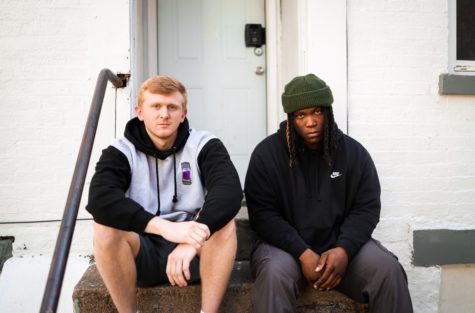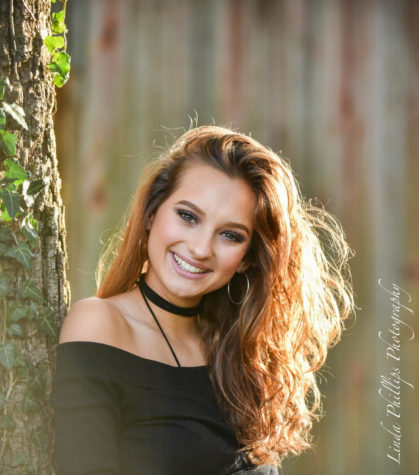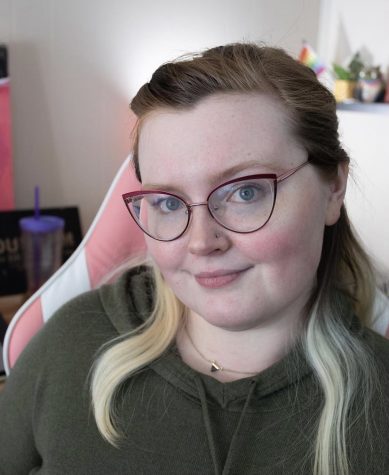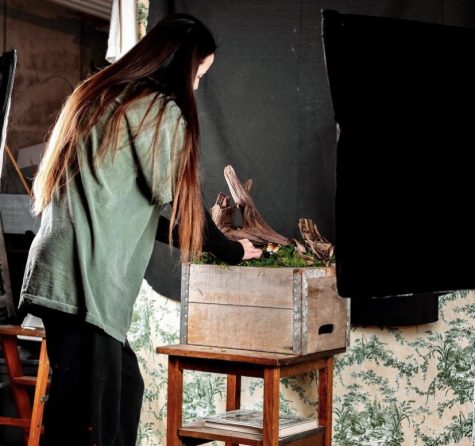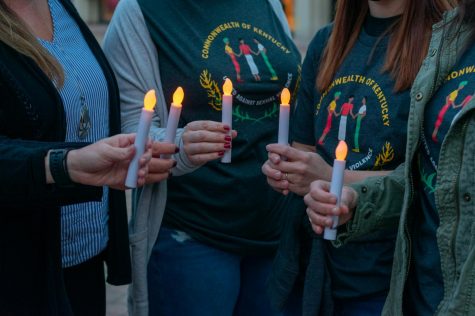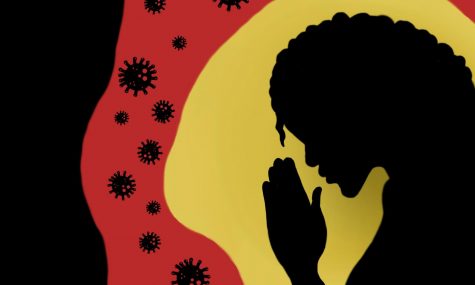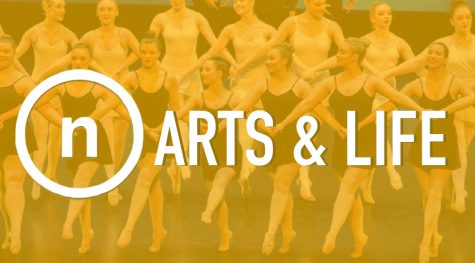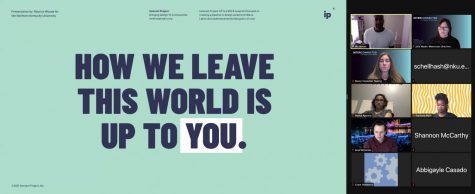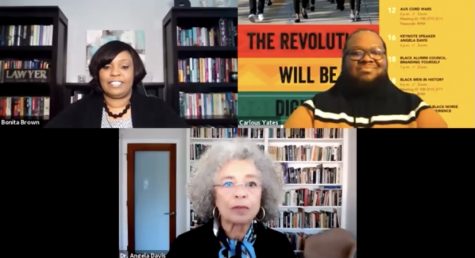Disability programs and services enables students to learn
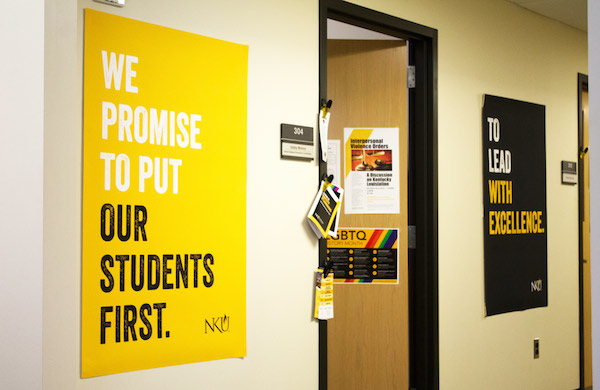
Disability Programs and Services offers assistance to students at NKU. Students like Jacob can gain access to C-print and interpreters.
During a conversation, if someone scrunched their nose, one would think they might have an itch.
For those in the deaf community, it could mean, “I understand you” or “I agree.”
According to Deaf and Hard of Hearing Coordinator and Interpreter Caraline Browning, this is a really simple way to communicate to students that are deaf or hard of hearing.
“It’s subtle, but it’s obvious to those who know,” Browning said.
Several students at NKU are deaf or hard of hearing and rely on certain aids such as interpreters, captions on videos and C-print.
C-print involves someone attending a class to take detailed notes for the student who is hard of hearing..
Thanks to NKU’s Disability Programs and Services, these aids are more readily available.
Electronic media broadcasting junior Jacob Meece is a deaf student who takes full advantage of these opportunities.
“I do well with interpreters because I’m more visual,” Meece said.
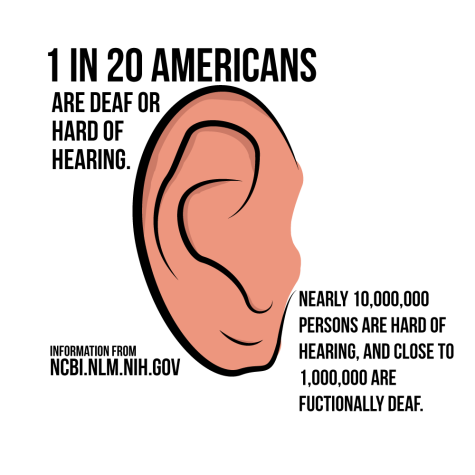 Visual by Derek Daley
Visual by Derek Daley
Meece was born deaf and attended a deaf college in Rochester, New York before attending NKU.
“Having [Browning] here has really eased the transition from a deaf school to a public school, a more hearing-oriented school,” Meece said.
EMB focuses on audio and video, but for students who have difficulty hearing, the audio portions can be difficult to work with.
“Audio production is one of the hardest classes I’ve had to take here,” Meece said. “What you learn in a textbook is easy, but what you learn in audio production is more technical. Audio production, you’re actually changing it. It’s audio so you don’t have close caption because there’s no visual. It was a struggle. I did well, but it was a struggle.”
Meece also utilizes hearing aids and can usually pick up on what people are saying as long as the surrounding areas aren’t loud.
His favorite music is dubstep and instrumentals because he can pick up the vibrations more.
Meece has developed a working relationship with Browning since she has been his interpreter for awhile.
“He’s a great kid,” Browning said. “We’re lucky to have him.”
With the help of interpreters and captions on videos, it is much easier for students to learn.
“They always get close caption for all videos and audio that’s going on in the classroom and anything outside of class that they’re required to go to,” Browning said. “Like a play, lecture… off-campus field trips. They always get their services whether it’s C-print or interpreters.”
Browning has 11 students that she works with whether that’s as an interpreters or supplying C-print services for them.
“I’d say I have a pretty good working relationship with my students,” Browning said.
The interpreters work with the professors to benefit the students more. Browning’s main job is to let professors know ahead of time that certain students in their class might need assistance.
“When there is media that he has to work with,” Strobel said. “We need to caption that so he can make the edits.”
Strobel said that sometimes it can just be transcribed, but the closed and open captions help a lot more.
“It’s interesting that when you’re talking about media, sound is such a big deal,” Strobel said. “It’s a huge part of it, however, there’s a huge audience out there that we will be creating media for that can’t hear so we need to have disability services for people who want to be media creators.”
Strobel thinks that disability services is helpful not only for now, but in the future. Students like Meece will learn how to work in the world as a media creator who is deaf.
Disability Programs and Services also expands to other students who might need help. Recently, there has been a focus on “hidden disabilities” that people wouldn’t immediately recognize such as anxiety, obsessive compulsive disorder (OCD) or attention deficit disorder (ADD).
“It levels the playing field,” Knox said. “They have the same opportunities [as other students]. I love for our ability to allow our students to interact.”
Because of that ability, students are encouraged to treat other students that may have a disability like anyone else. In the case of deaf students, they are typically more blunt about what they need. For example, when talking to a deaf person, it’s important to make eye contact so they can read lips or understand better.
Some students have even added on closed captioning for their own video projects for hearing-impaired students.
Student Travis Gibbons has worked to add that closed captioning on one of his assignments in editing class to help out Meece.
“The experience I have working with deaf individuals is somewhat limited,” Gibbons said. “There is a deaf student in my editing class, and I have provided close captions for his benefit… He appreciated that I took the time to apply CC for our last project.”
Browning encourages people to even learn some sign language.
“I would love it if everyone learned a little bit of sign language,” Browning said.
Browning noted that it takes awhile to learn sign language and that someone learning it is always learning new things.
“It’s a living language that changes,” Browning said. “And constantly is adding new signs for example, new technologies out there. There wasn’t always a sign for cell phone. There wasn’t always a sign for computer and the sign for computer has evolved and changed as computers have evolved and changed.”
Because of the advances in disability services, students are given a better opportunity to learn.
“Whoever is hard of hearing or deaf,” Meece said. “Don’t let your disability stop you from going to where you want. If you want to come to Northern or any hearing college. I just don’t want people to not succeed or not do well because they can’t hear or have a certain disability. That’s not gonna stop them because there’s gonna be people helping them. You’re not alone.”


